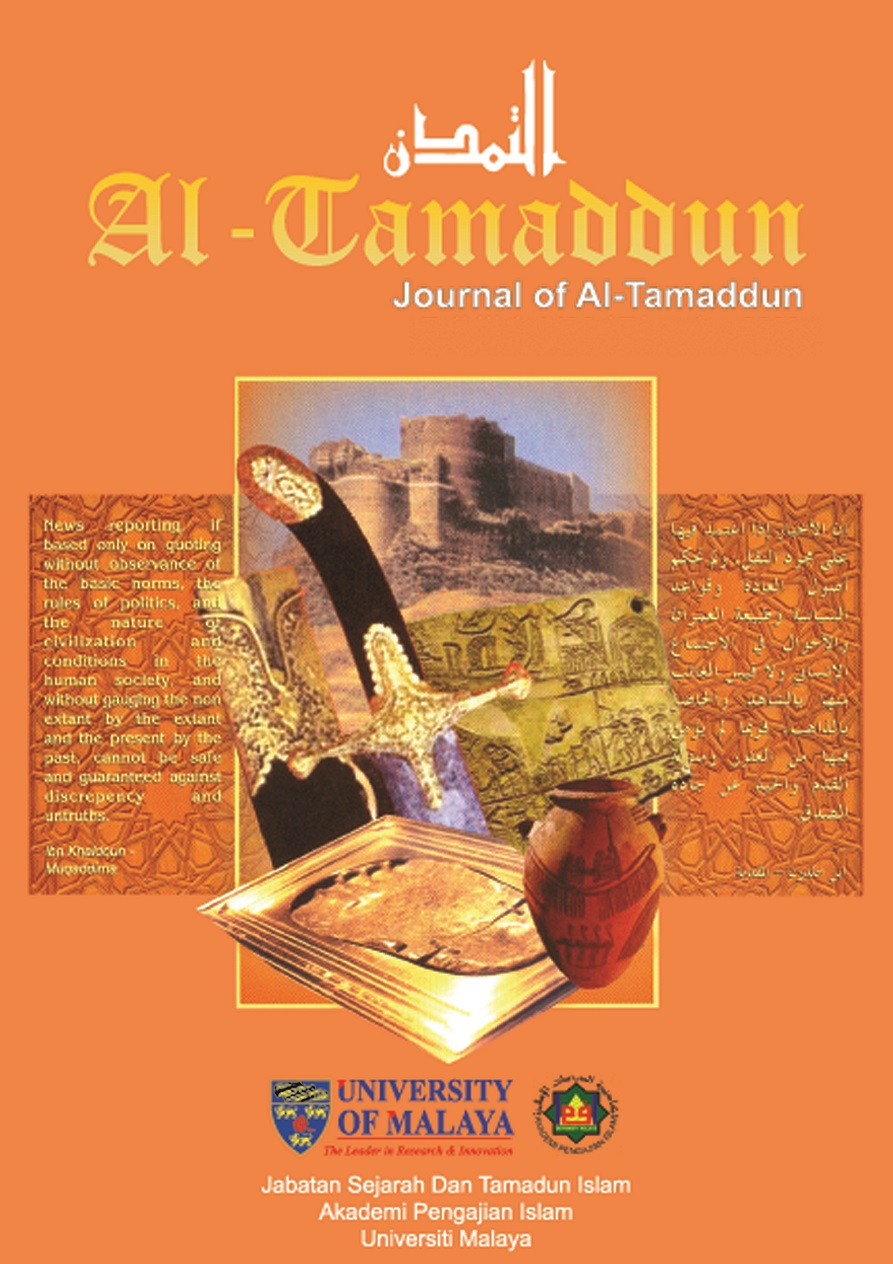IKHWAN AL-MUSLIMIN DAN PERJUANGAN MENEGAKKAN PEMERINTAHAN ISLAM DI MESIR, 1948-1954 (Ikhwan al-Muslimin and the Struggle in Establishing the Islamic Goverment in Egypt, 1948-1954)
DOI:
https://doi.org/10.22452/JAT.vol13no1.2Keywords:
Ikhwan al-Muslimin, Hasan al-Banna, Gamal Abdel Nasser, Free Officers, EgyptAbstract
This study discusses the struggle of the al-Ikhwan al-Muslimin in establishing the Islamic government in Egypt from 1948 to 1954. This period was considered important in Egypt's political history because 1948 marked the establishment of the Israeli state in Palestine and Egypt was forced to fight with Israel for the first time. In 1954, al-Ikhwan al-Muslimin was banned and many of its members were arrested and sentenced. This study uses qualitative approach and library study method to analyze various primary and secondary sources. The findings of this study reveal that the death of Hasan al-Banna in 1949 was a turning point that changed the journey of the movement because Hasan al-Banna’s succeeding leader was unable to compete with the former’s leadership and personality. Hasan al-Banna’s death was also a major factor in the failure of the movement. Although al-Ikhwan al-Muslimin is the most influential organization in the Middle East, the movement has not succeeded in mastering the politics of Egypt and Arab countries. Moreover, the movement was defeated by Free Officers with smaller members. Al-Ikhwan al-Muslimin has also made some failed political calculations, including the credentials given to General Mohamed Neguib who eventually led the ban on the movement. Many members were then arrested by Gamal Abdel Nasser in 1954 for conspiring with Neguib.
Downloads
Additional Files
Published
How to Cite
Issue
Section
License
By submitting manuscripts to the Journal of Al-Tamaddun, authors agree to transfer copyright to the journal. However, authors may republish their work or grant others permission to republish it; in which case it should be accompanied by a proper acknowledgment that the work was originally published in the Journal of Al-Tamaddun. The journal adopt CC-BY-NC licence which authors may also share and distribute their article anywhere of non-commercial website, social media and repositories immediately on publication.
Authors may also reuse the Abstract and Citation information (e.g. Title, Author name, Publication dates) of their article anywhere at any time including social media such as Facebook, blogs and Twitter, providing that where possible a link is included back to the article on the journal site.










